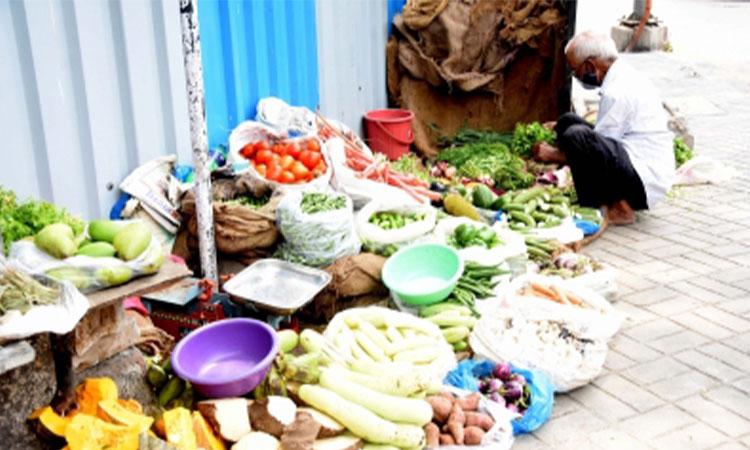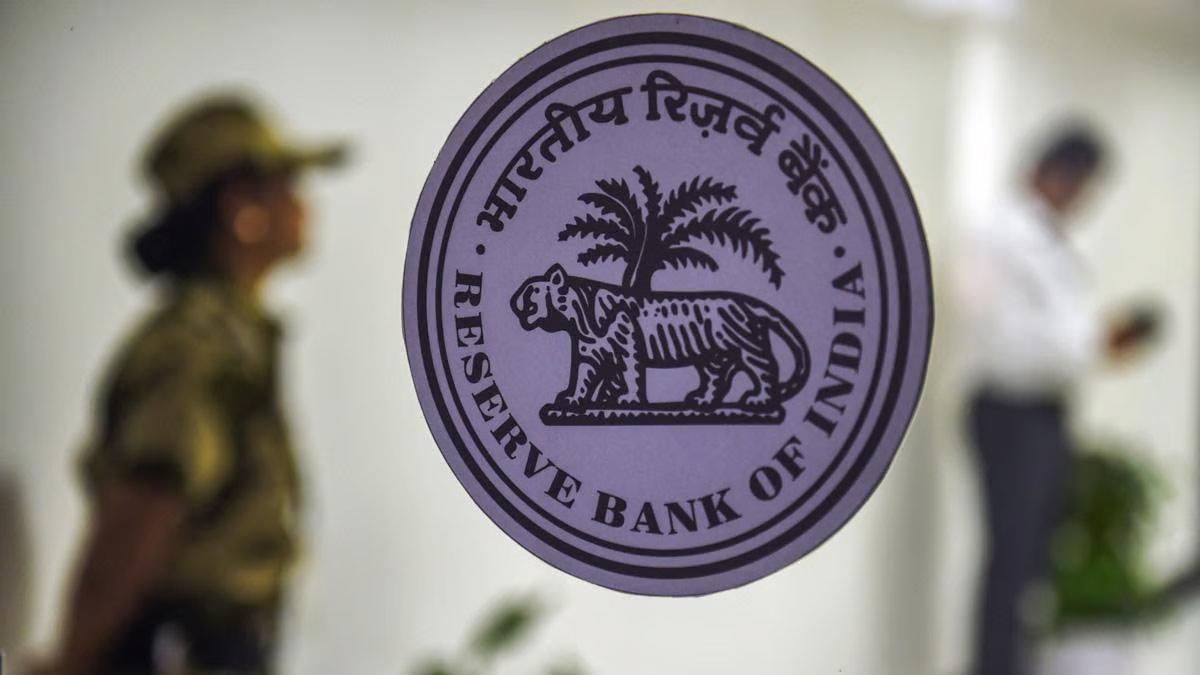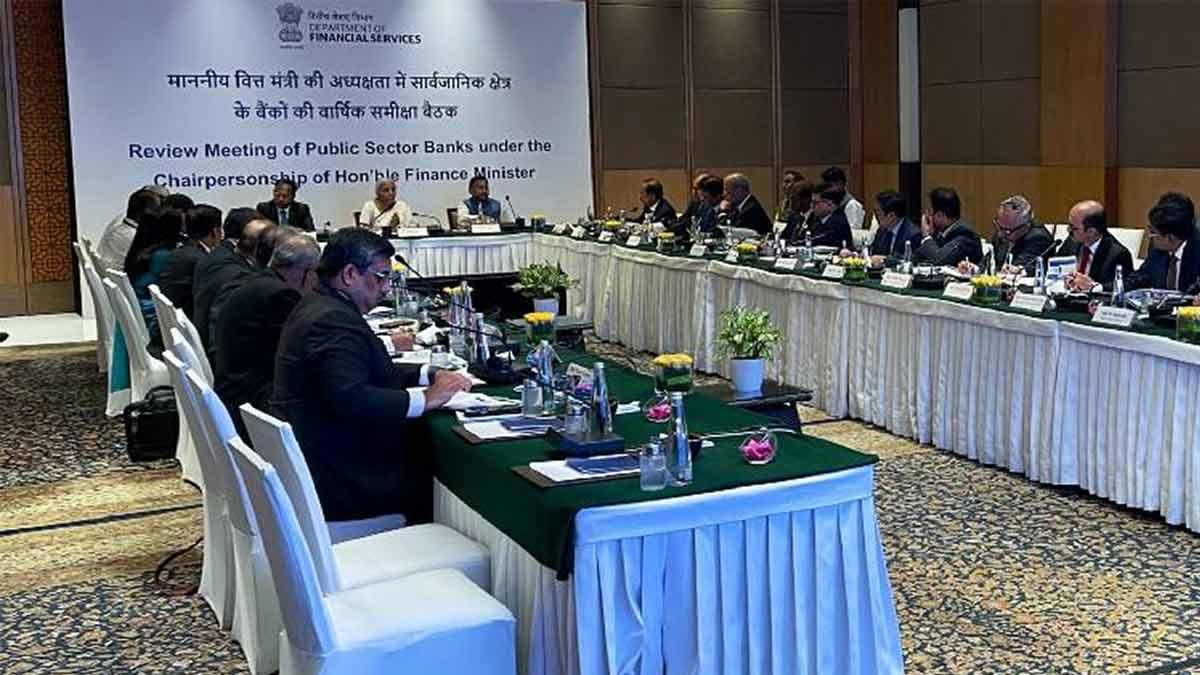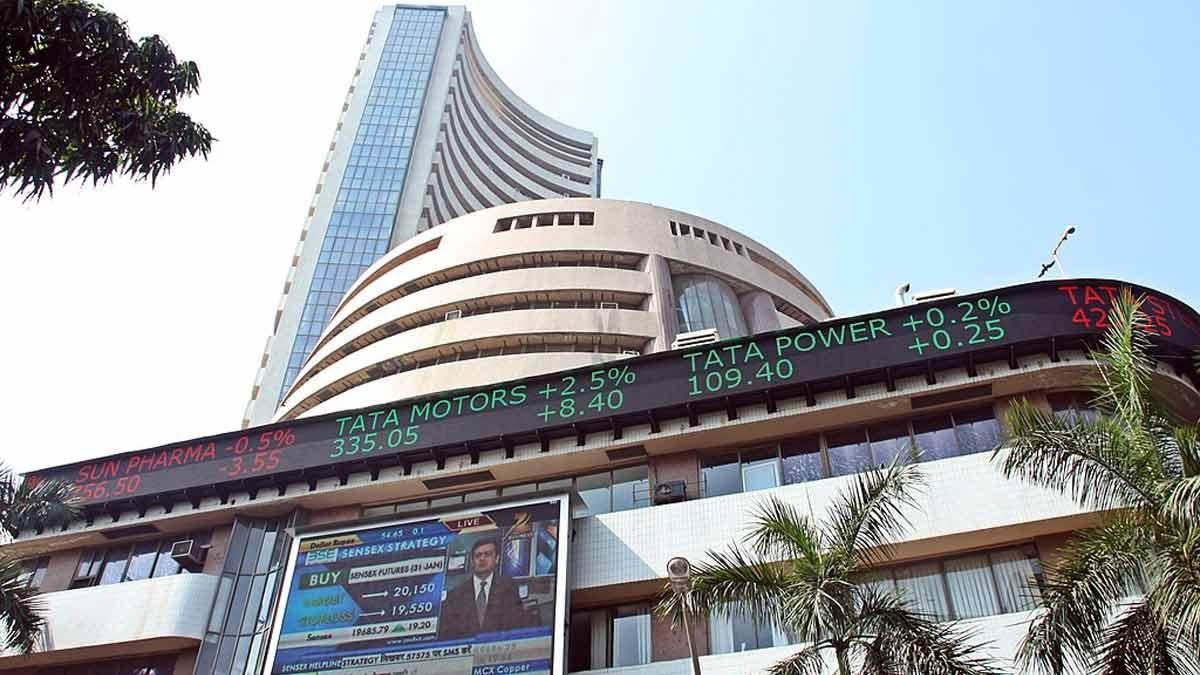The era, where a fixed amount of money allocated at the month's start to purchase food staples would suffice, has ended and common people are struggling to manage expenses, particularly on items such as vegetables and pulses.
While the arrival of the Southwest monsoon in India has brought much-needed relief from the intense heat, it has also led to a surge in tomato prices across the country.
In numerous locations across the national capital, including Azadpur Mandi, tomatoes are being sold at or above Rs 70 to 90 per kg and by local vendors at varying prices, ranging from Rs 78 to Rs 100 per kg.
The price also varies depending on factors such as the quality of the tomatoes and the specific localities where they are being sold.
Vegetable vendors and wholesalers are attributing the disruption in tomato supply to the rains, which has subsequently resulted in a significant increase in the retail prices of this essential kitchen staple.
The rainfall has likely affected the cultivation, transportation, and availability of tomatoes, leading to a scarcity and thus a surge in prices in the retail markets.
“As a result of these rising prices, customers have been forced to reduce the quantity of vegetables they purchase, trying to balance their budgets accordingly. In the national capital, the skyrocketing prices of tomatoes can be attributed to the limited supply from states such as Haryana and Uttar Pradesh,” said Mahesh, a wholesaler in Azapur Mandi.
"On Monday, due to scarcity of tomatoes, we did not get enough and today (Tuesday) we got limited stock," said a Siri Fort Safal storekeeper.
The situation is no better when it comes to pulses.
Rahul, a general store owner in south Delhi's Chhattarpur area, said pulses prices have shot up by Rs 40 per kg.
“For the last one week, I haven't bought pulses due to inflation and all the shopkeepers are hoping for the prices to fall soon,” he said.
According to a vegetable vendor in Lajpat Nagar, people are showing reluctance in purchasing tomatoes due to the sudden and significant increase in prices.
The higher costs have likely deterred customers from buying tomatoes, as they are finding it difficult to afford or justify the elevated expense.
"People are bargaining hard, but we cannot lower the price since we ourselves have to buy at a higher price. We hope the situation gets better in the coming days,” he said.
“The current market rate is Rs 80 per kg. We get the supply from mandis where the wholesale price is around Rs 60 per kg. The price has shot up in the past two to three days due to rainfall,” he said.
A working couple, who got married 10 years back and has been recently blessed by a baby boy, shared that they used to spend Rs 2,000 a week when they were newly-wed but now the grocery expenses have doubled.
Meenakshi, 46, a mother of two whose husband is wroks as a car driver, told IANS that some time ago, Rs 5,000 was enough to meet the food expenses. Now, even Rs 10,000 is a challenging amount for them to meet the needs.
"Pulses that used to sell for Rs 60-80 a kg now sell for Rs 130-150 per kg, which is almost double," she said.
Also Read | India likely to see 147 unicorns in next 5 years: Report


















